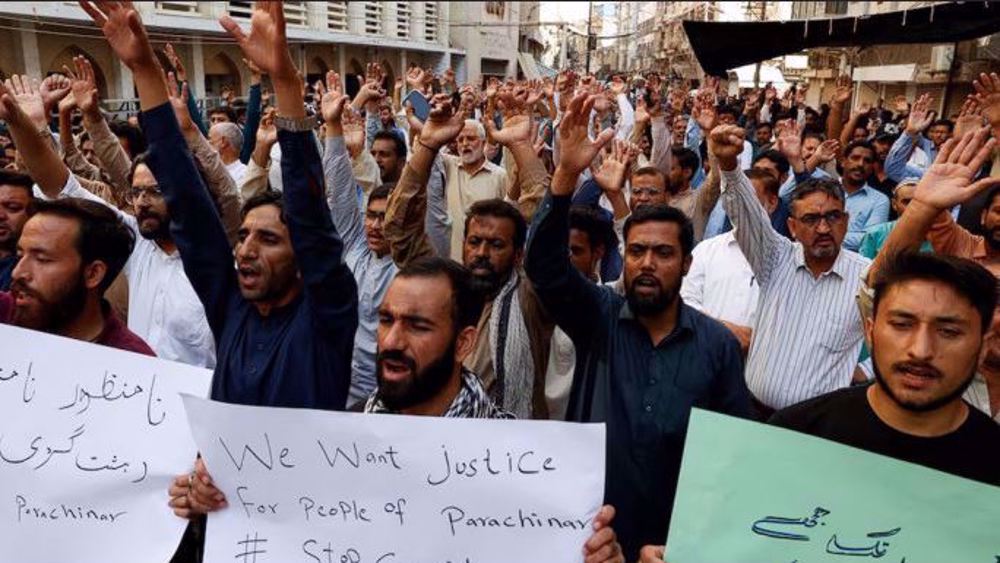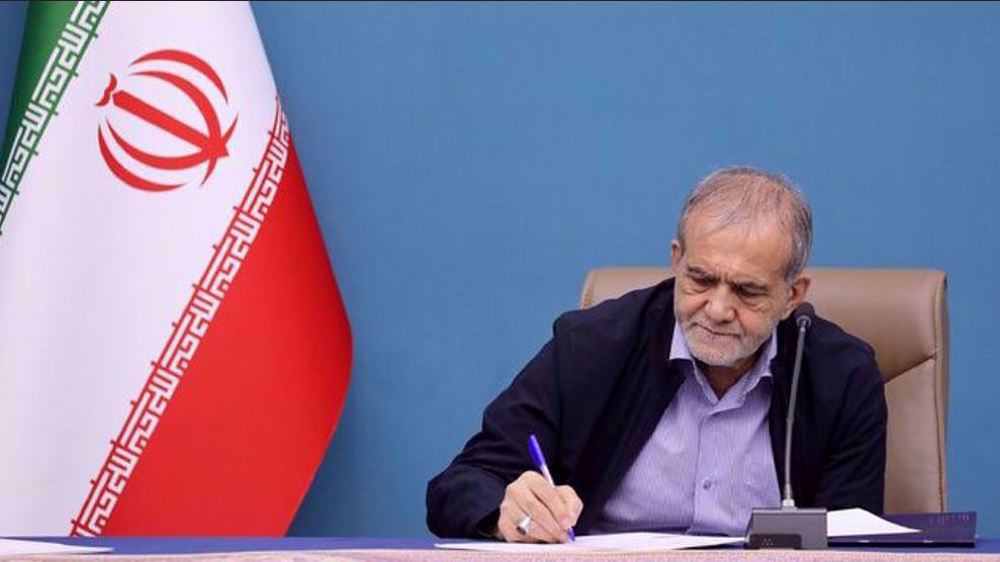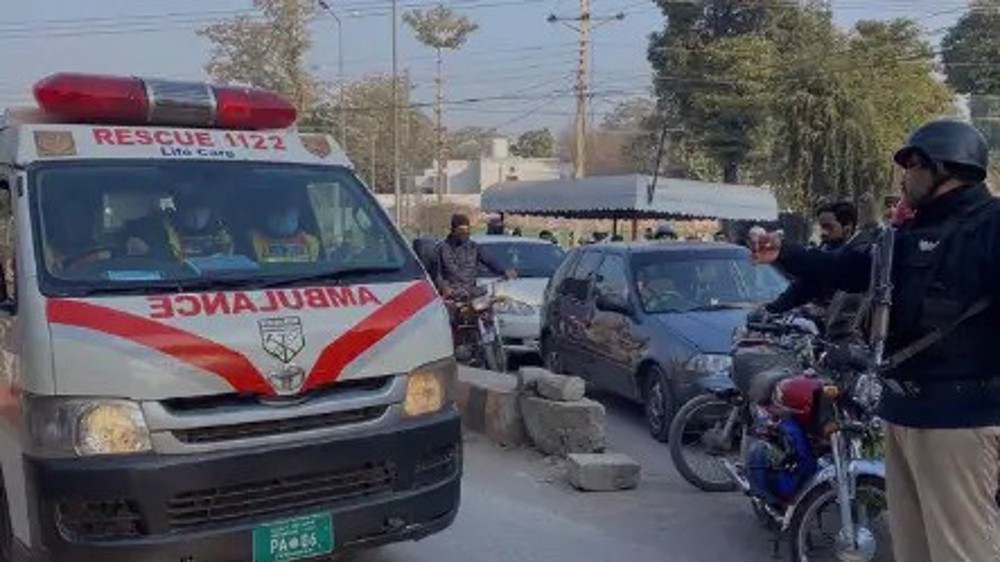Images show militant facility ‘still standing’ in Pakistan after India’s 'bombing'
Newly-released satellite images purportedly show that buildings at a facility belonging to a Pakistan-based militant group that India claims to have pounded in recent airstrikes are standing undamaged.
The high-resolution images, produced by the US-based private satellite operator Planet Labs Inc, apparently show at least six buildings at the site of a religious school run by the militant group Jaish-e-Mohammad (JeM) in northeastern Pakistan, Reuters reported on Wednesday.
The images show the buildings virtually unchanged from April 2018, according to the report.
On February 26, India said it had conducted “preemptive” airstrikes against the site, destroying it and killing 300 militants.
According to Indian government sources, the jets dropped 1,000-kilogram bombs.
Pakistan said at the time that it had scrambled its own fighter jets when the Indian warplanes violated its airspace and chased them out. It said the Indian jets had dropped their payload in a forested area in haste, leaving no serious damage and casualties.
“There is not even a single brick in the debris,” Pakistani military spokesperson Major General Asif Ghafoor said the day after the attack. “If there was any infrastructure there, then there would be some debris.”
Senior researchers at the James Martin Center for nonproliferation studies who analyzed the satellite images said weapons that large would have caused obvious damage to the structures visible in the picture.
“If the strike had been successful, given the information we have about what kind of munitions were used, I would expect to see signs that the buildings had been damaged,” said senior research associate Jeffrey Lewis. “I just don’t see that here.”
New Delhi has so far failed to produce evidence that the camp was destroyed and that militants were killed. This has prompted opposition politicians to call on the government of Prime Minister Narendra Modi to provide more details.
“We want to know how many people actually died,” said Mamata Banerjee, the chief minister of West Bengal State. “Where did the bombs fall? Did they actually fall in the right place?”
Modi, however, accused the opposition of helping India’s “enemies” by demanding evidence of the attacks.
“At a time when our army is engaged in crushing terrorism, inside the country and outside, there are some people within the country who are trying to break their morale, which is cheering our enemy,” Modi said at a re-election campaign rally on Sunday.
India has long been engaged in a conflict with Pakistan over the disputed region of Jammu and Kashmir. The two have fought four wars since their partition in 1947, three of them over Kashmir.
JeM had claimed responsibility for an attack on an Indian security convoy in Pulwama, in Indian-administered Kashmir, that killed more than 40 Indian troops on February 14. That attack set off tensions between Pakistan and India, which said Islamabad had been involved. The Pakistani government denied that claim.
Pakistan launches crackdown on militants
In a related development, Pakistan’s Interior Ministry said on Tuesday that it had launched a crackdown to “speed up action against all proscribed organizations.”
It said some 44 militants had been arrested in the crackdown. Among them, the ministry said, were the close relatives of JeM leader, Masood Azhar.

It named them as Mufti Abdul Raoof and Hamad Azhar, who is said to be Masood Azhar’s son.
Some of those detained were named in a dossier provided to Pakistan by New Delhi after last month’s bombing in Kashmir, according to Interior Secretary Azam Suleman.
“We are investigating them; and if we get more evidence, more proof against them, they will be proceeded against according to law; and if we don’t get any proof, their detention will end,” Suleman said.
As part of the crackdown, Pakistan also banned two charities linked to Hafiz Saeed, the founder of another militant group, which is blamed by the US and India for several deadly attacks; including a siege in Mumbai in 2008 that killed 166 people.
India has yet to officially react to the arrests, but a government official, speaking on condition of anonymity, expressed skepticism.
“We have all seen this done for the last several decades now. How many times has Hafiz Saeed been arrested and let out?” the official said. “And have they taken action against Jaish camps?”
The crackdown on Tuesday was the latest in a series of gestures by Pakistan toward India. The heightened tensions have nevertheless persisted. On the same day, Pakistan said it had warded off an Indian submarine that was attempting to enter its waters.
The important of Venezuela for Iran
Iran beats traditional rival Russia in freestyle and Greco-Roman wrestling friendly
Rape trials trigger protests against French ‘sexist and misogynistic’ culture
US photographer opens Berlin exhibition with anti-Israel speech
VIDEO | Press TV's News Headlines
VIDEO | US 'non-profit killer’ bill targets pro-Palestinian groups
Explainer: How Yemeni military chased away US aircraft carrier from Red Sea?
French march for women of Palestine














 This makes it easy to access the Press TV website
This makes it easy to access the Press TV website